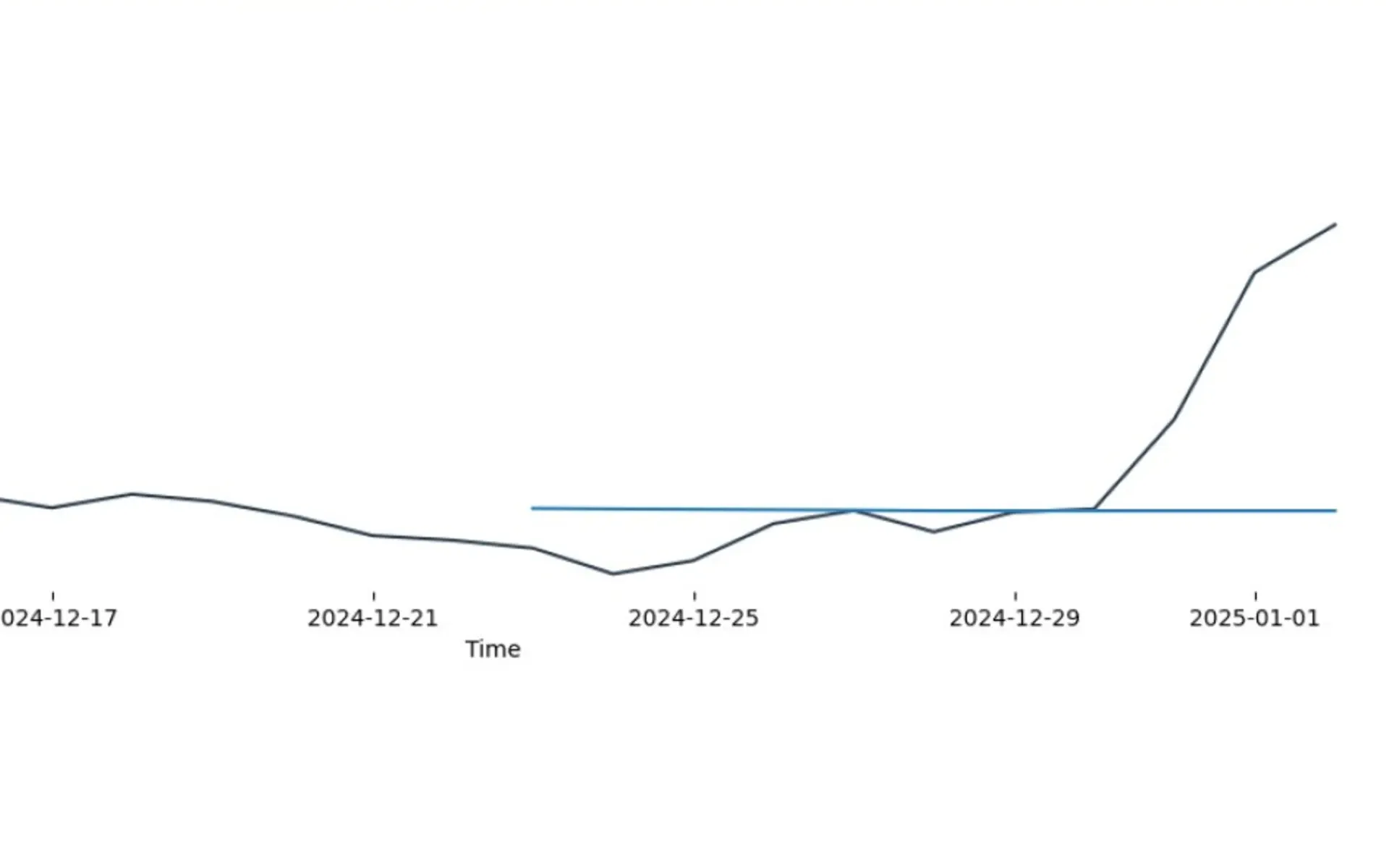Surge in VPN sign-ups as states enforce age verification for adult websites
Proton reports massive increase in VPN registrations from US states following new adult content verification requirements.

According to data shared by Proton on January 3, 2025, the privacy-focused technology company observed an unprecedented surge in virtual private network (VPN) sign-ups from United States users. The spike coincides with new state laws requiring age verification for accessing adult content websites.
The trend emerges as more than a third of US states, representing a combined population exceeding 120 million residents, have implemented regulations requiring state-approved identification for accessing adult websites. Florida, South Carolina, and Tennessee joined the growing list of states enforcing such measures starting January 1, 2025.
Aylo, the parent company of several major adult content platforms, has withdrawn its services from these jurisdictions, citing concerns over user privacy and data security. "The implementation of age verification in many jurisdictions worldwide is ineffective, haphardly executed, and poses risks to user safety," an Aylo spokesperson stated in response to the Florida legislation.
The company maintains its support for age verification in principle while objecting to current implementation methods. Their primary concern centers on the requirement for adult websites to collect and store sensitive personal information from hundreds of thousands of users.
Historical data from similar restrictions in Texas, implemented in March 2024, showed searches for VPN services increasing by 1,750 percent following the enforcement of age verification requirements, according to analysis by technology review site SlashGear.
The legislative landscape could face further changes under potential future federal policies. The Heritage Foundation's Project 2025 proposal advocates for stricter regulations on adult content distribution, suggesting measures that would classify certain content distributors as registered offenders and potentially close telecommunications firms facilitating content access.
Legal experts note that these state-level restrictions mirror existing offline age verification requirements for adult entertainment venues. However, critics argue that digital verification poses unique challenges regarding data security and privacy protection.
The technological response to these regulations highlights a broader pattern of users seeking ways to maintain privacy while accessing online content. VPN providers have historically seen similar surges in regions implementing various forms of online content restrictions.
Future implications of these policies remain uncertain as states grapple with balancing child protection measures against privacy concerns. The situation has sparked discussions about digital rights, data protection, and the practicality of enforcing age verification in an increasingly interconnected online environment.
Current data indicates that 17 states have enacted such restrictions as of January 2025, with more jurisdictions considering similar measures. This regulatory trend represents one of the most significant shifts in online content access policies in recent years, affecting both content providers and consumers across the United States.
Technical implementation of these requirements varies by state, but typically involves third-party verification services. These systems must comply with state guidelines while attempting to minimize data retention and protect user privacy, though concerns persist about potential security vulnerabilities in these verification mechanisms.
Privacy advocates continue monitoring the situation, particularly regarding data storage practices and potential security risks associated with collecting identification documents for online age verification purposes. The outcome of these policies and their impact on internet usage patterns remains an evolving situation as more states consider similar legislation.

